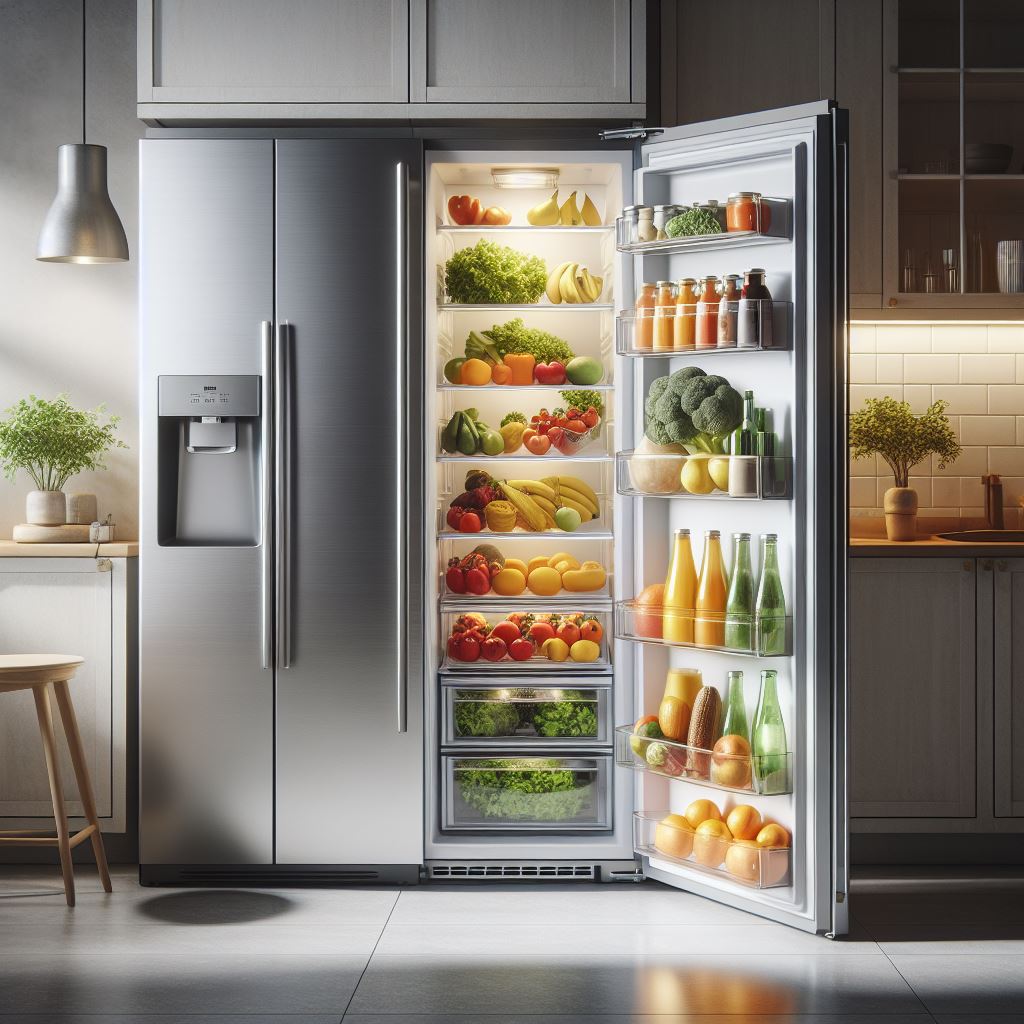Have you ever wondered just how much power it takes to keep your food cold and fresh in your refrigerator? Well, look no further! In this article, we will delve into the world of watts and refrigerators, exploring just how much energy these essential appliances consume to keep your groceries chilled and your beverages cold. So, grab a snack, sit back, and let’s learn all about the watts of a refrigerator in language that everyone can understand.
Default Ad Code 1
When it comes to energy consumption in our homes, refrigerators are one of the biggest energy guzzlers. These essential appliances work tirelessly to keep our food and drinks cool, but have you ever stopped to think about just how much energy they actually use? The key to understanding this lies in watts, a unit of measurement that helps us quantify energy consumption.
On average, a refrigerator can consume anywhere from 100 to 800 watts of power, depending on factors such as size, efficiency, and age. Larger refrigerators with additional features like ice makers and water dispensers tend to use more energy, while newer models with Energy Star ratings are designed to be more energy-efficient.
To put this into perspective, a typical 20-cubic-foot refrigerator uses around 120 watts of power when running. This means that if the refrigerator runs continuously for a full day, it would consume approximately 2.88 kilowatt-hours (kWh) of electricity. In terms of monthly energy usage, this would translate to around 86.4 kWh, costing the average homeowner about $10 to $15 per month, depending on their electricity rates.
While refrigerators are essential for preserving our food and reducing waste, they can also significantly impact our electricity bills. To help lower energy consumption and save money, here are some tips to consider:
1. Keep your refrigerator and freezer at the recommended temperature settings (around 37-40°F for the fridge and 0-5°F for the freezer).
2. Regularly defrost your freezer to maintain efficient operation.
3. Check the door seals for any gaps or leaks that could be causing cold air to escape.
4. Avoid placing hot or warm food directly into the refrigerator, as this can cause it to work harder to cool down.
5. Consider upgrading to a newer, more energy-efficient refrigerator with an Energy Star rating.
By being mindful of your refrigerator’s energy consumption and implementing these tips, you can not only save money on your electricity bill but also reduce your environmental impact. Remember, small changes in energy usage can make a big difference in conserving energy and protecting our planet.
Default Ad Code 2
1. How many watts does a typical refrigerator use?
– A typical refrigerator uses around 100 to 200 watts of electricity.
2. Does the wattage of a refrigerator vary depending on the size?
– Yes, the wattage of a refrigerator can vary depending on the size and model. Larger refrigerators may use more electricity than smaller ones.
3. How can I reduce the energy consumption of my refrigerator?
– You can reduce the energy consumption of your refrigerator by keeping it well-maintained, setting the temperature to the recommended level, and avoiding opening the door frequently.
Default Ad Code 1
